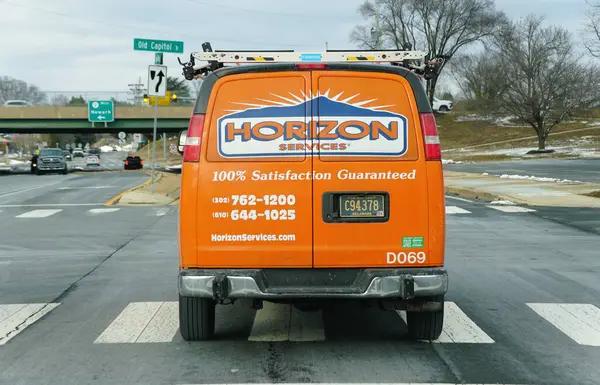The evolution of HVAC (Heating, Ventilation and Air Conditioning) technology has been nothing short of revolutionary. From the days of basement boilers to the rise of smart vents, these advancements have transformed how we manage our indoor environments. This journey reflects not just technological progress but also a deepening understanding of energy efficiency and environmental responsibility.
In the early 20th century, coal-fired basement boilers were a common sight in many homes. These bulky systems provided heat by warming up water and distributing it throughout the home via radiators. While effective for their time, they were far from efficient or convenient. They required constant tending to maintain heat output and posed safety risks due to carbon monoxide emissions.
The mid-century saw a shift towards gas-powered central heating systems that brought increased convenience and efficiency. These units used ductwork to distribute warm air throughout buildings evenly, eliminating cold spots prevalent with radiator-based systems. However, these systems weren’t without their shortcomings; they often resulted in significant energy waste due to uneven heating needs across different rooms.
Fast forward to today’s modern era where Best Vernon Hills HVAC technology is undergoing another revolution with smart vents entering into play. Smart vents are part of an intelligent HVAC system that uses sensors and automation technology to control airflow precisely where it’s needed most within a building.
This new generation of HVAC equipment is designed with advanced algorithms that learn from your habits over time – much like how your smartphone learns your daily routines – enabling them to adjust temperatures automatically based on occupancy patterns in different rooms at specific times during the day or night.
By controlling airflow more effectively, smart vent technologies can drastically reduce energy consumption while ensuring optimal comfort levels for occupants at all times. This is particularly beneficial for larger properties where heating or cooling needs vary greatly across different zones within the building.
Moreover, smart vents integrate seamlessly with other smart home devices such as thermostats and air quality monitors through IoT (Internet Of Things). This allows homeowners complete control over their indoor environment from anywhere in the world via smartphone apps – a level of convenience that was unimaginable with traditional HVAC systems.
The journey from basement boilers to smart vents represents more than just technological advancement. It also reflects our growing commitment towards energy efficiency and environmental sustainability. By harnessing the power of technology, we are not only improving comfort levels within our homes but also reducing our carbon footprint and contributing to a greener planet.
In conclusion, the HVAC revolution has seen us move away from inefficient and potentially hazardous heating solutions towards intelligent systems that prioritize both comfort and conservation. As technology continues to evolve, it’s exciting to imagine what the future holds for HVAC – perhaps solar-powered air conditioning or AI-controlled ventilation systems? Whatever it is, one thing is certain: The future of HVAC is here, and it’s smarter than ever before.
Optimized Air
Email: contact@optimizedairflow.com
Phone: (224) 338-9591
Url: https://optimizedairflow.com/
423 Windridge Dr
Round Lake Park, IL 60073






